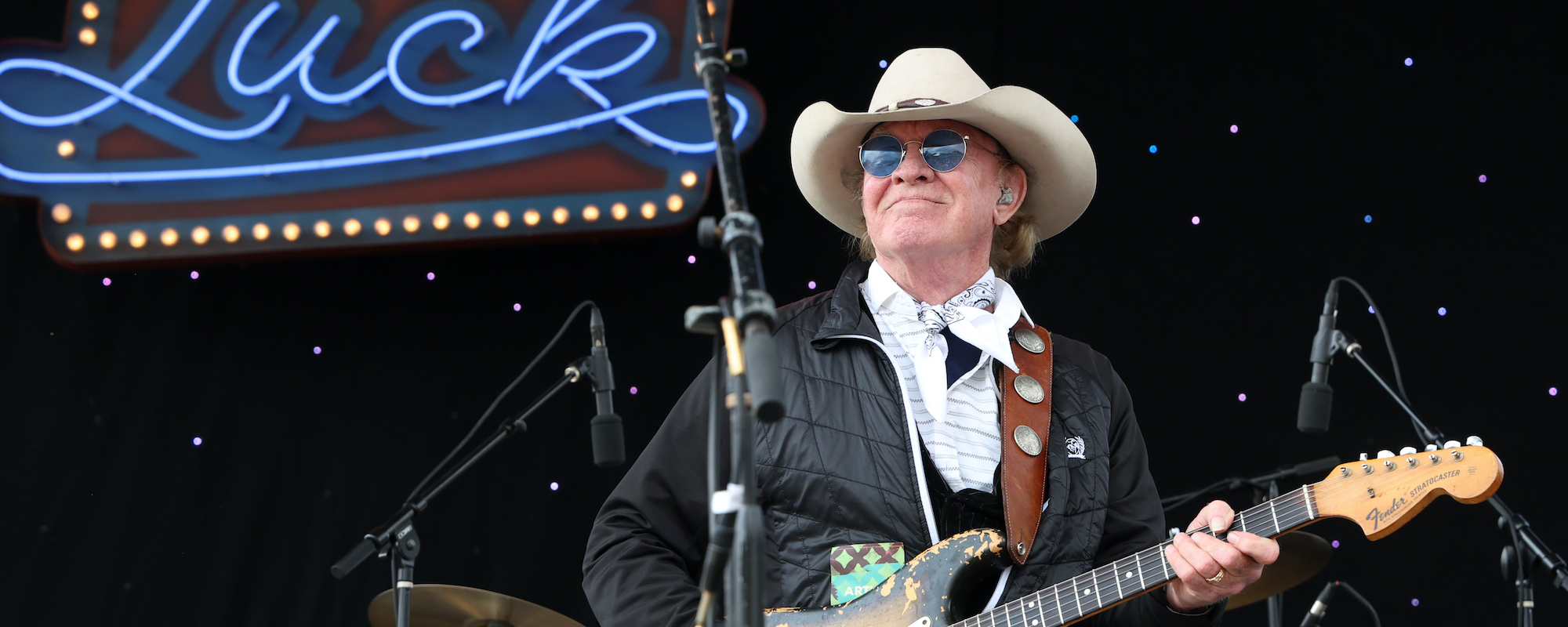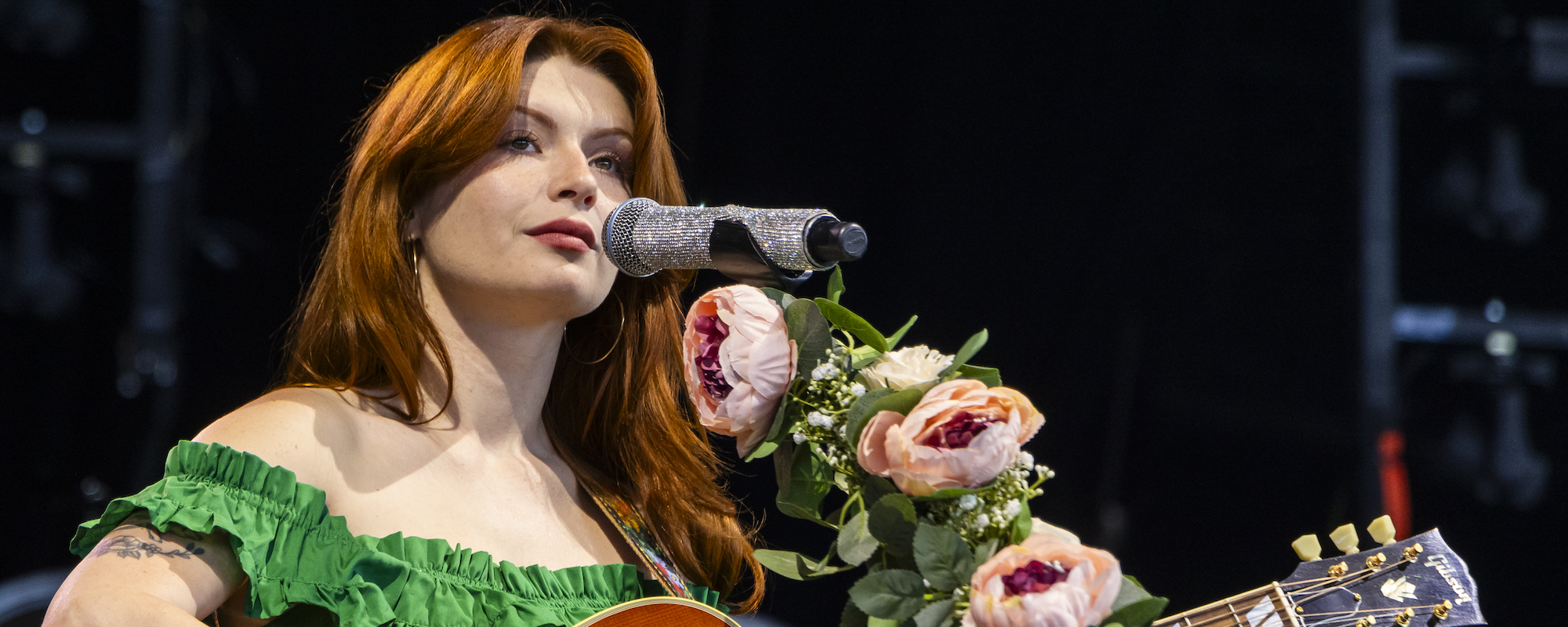On this day (May 22) in 1973, Dolly Parton stepped into Nashville’s historic RCA Studio B to record “Jolene.” She would release the song later that year to see it become a hit. More than that, more than five decades later, the track remains one of Parton’s most popular releases and has been covered by countless artists across different genres.
Videos by American Songwriter
Fifty-one years ago today, the stars aligned in one of the most historically significant studios in Music City. Parton brought a song she had written about a woman at the local bank who had eyes for her husband into the booth and, under the guidance of producer Bob Ferguson, recorded what would become an iconic and timeless song.
[RELATED: The 10 Songs of Dolly Parton’s ‘Jolene’ Ranked]
Parton released “Jolene” as the first single and title track from her 1974 album. It became her second single to top the Billboard Country Songs chart. It was also the first in a string of chart-toppers. “I Will Always Love You,” “Love Is Like a Butterfly,” and “The Bargain Store” each reached the top of the survey. “The Seeker” broke the streak, peaking at No. 2.
Dolly Parton’s Inspirations for “Jolene” and More
Dolly Parton drew inspiration for “Jolene” from two places. First, she noticed that her husband, Carl Dean, was spending more time at the bank than he needed to. After some investigation, she noticed a pretty young teller who seemed to have a crush on her hubby. While at the bank, he would make time to chat with that teller. That was the basis for the song’s antagonist.
[RELATED: 3 Great Dolly Parton Songs That Aren’t “I Will Always Love You,” “Jolene,” or “9 to 5”]
The name, though, came from a much more wholesome place. During a concert, a young red-headed fan asked Parton for an autograph. The girl was strikingly pretty with red hair, green eyes, and pale skin. Her name was Jolene.
Maybe the most impressive thing about “Jolene” is that it came from the same writing session as one of Parton’s other massive hits. She penned it and “I Will Always Love You” on the same day in what may have been one of the most successful writing sessions of any artist’s career.
Featured Image by David Redfern/Redferns













Leave a Reply
Only members can comment. Become a member. Already a member? Log in.